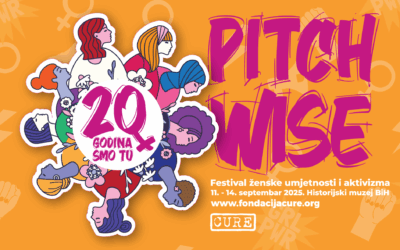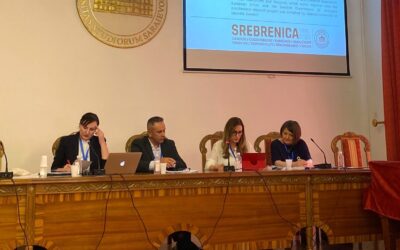Transforming economic power… are you up to the challenge?

Are you willing to move beyond your comfort zone? To question your usual thinking? To engage with actors outside of your every day activism or workplace? Are you ready to build alliances across boundaries so that together we can transform economic power?
Through the 2012 AWID Forum, we aim to explore how economic power is impacting on women and the planet, and to facilitate connections among the very diverse groups working on these issues from both human rights and justice approaches so that together we contribute to stronger, more effective strategies to advance women’s rights and justice.
Legacies of colonization, tumultuous transitions from communism and decades of neoliberal policy prescriptions have put public resources in the hands of the private sector, irrevocably damaged the environment, fostered rampant militarization, eroded human rights and, with few exceptions, allowed capitalist markets, rather than lived human experience, to determine what has value. The financial crisis and economic recession that began in 2008, part of a broader systemic crisis of food, energy, and the environment, laid bare the failures and falsities of the current dominant economic model in ways that even the strongest proponents of the system found difficult to defend. While some of the economies that exist outside the dominant model are also built on unequal power relations, others are founded on more equitable principles, offering important insights and possibilities for those committed to transforming economic power.
Now, the broad-based mobilizations across the Middle East and North of Africa are inspiring women and men around the globe to see new opportunities for confronting what once seemed to be unchangeable structures of power. Significant geopolitical shifts—stronger roles of ‘emerging’ countries and fortified regional blocs to name a few—are also raising questions about the possibilities for radically shifting the balance of economic power, even as dominant economic actors are fast re-grouping to defend their interests and avoid making significant changes.
Regardless of the circumstances and contexts in which we live, economic power cuts across all dimensions of our lives, from negotiating household expenditures to allocating national budgets and campaigning for recognition of the care economy, fair wages, decent working conditions, and affordable, common access to the world’s resources – including food, water, energy and land.
Economic power also impacts on and intersects with all women’s rights issues and agendas – from reproductive and sexual rights to violence against women, education, political participation and health. Without economic systems that take account of women’s needs and realities and value their contributions, rights and justice are not possible.
Throughout history, patriarchy and other systems of oppression, including persistent racism, have influenced the way we organize ourselves in society and permeated our politics, economies, knowledge and culture. As a result, many people, particularly women, have been systematically shut out of economic and other decision-making. Yet women, in all their diversity, have long been negotiating the fractures and fissures in the system as well as filling the gaps left by cuts in spending and services.
There are many important experiences from which to learn and build. Indigenous, peasant and rural women building food sovereignty. Grassroots women developing strategies of resilience and empowerment in the face of both environmental and economic disasters. Young women and girls using new information and communication technologies in diverse and creative ways to mobilize and bring about social change. Sex workers, migrant workers and domestic workers redefining what it means to work and why care work should count. Women with disabilities, trans activists and women living with HIV/AIDS continuing to question unbridled emphasis on growth and productivity at the expense of human dignity. And feminist economists naming and analyzing the forces shaping and assigning value to social production and reproduction.
As women’s rights and justice activists, we have a responsibility at this historic moment to join together across lines of difference. Now is the time to listen and learn from each other. Now is the time to build our collective power as political actors, to gather our years of experience and knowledge to more effectively participate in the current critical economic debates. Now is the time to contribute together to building diverse alternative visions and just practices and to continue building our movements. Now is the time to transform economic power!
Join us at the 2012 AWID International Forum and be part of deepening our understanding of economic injustice, equipping ourselves to engage in economic debates, and devising strategies to transform and reclaim economic power.


